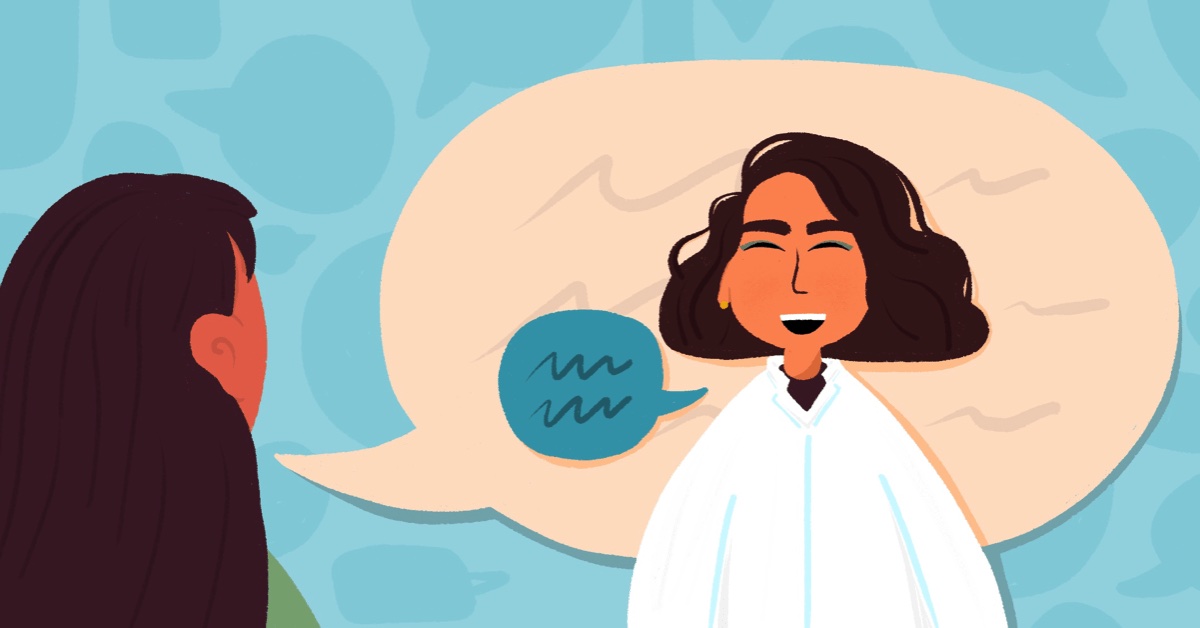Missing Question Link
It is clear that many people who have experienced a diagnosis walk in question mode for one reason or another. Questions, by all means, are a good thing; however, do you feel that perhaps the doctors and other medical team members are not totally prepared to answer the many questions that follow a diagnosis?
I’ve written about my mother’s experience, and though I wasn’t in the room when she was diagnosed, I did get to experience the not-so-nice side of when a question is asked and a failure from a doctor to supply that transparency.
Asking questions after diagnosis
Asking questions leads to a fruitful learning experience, or should, at least. It is important to be comfortable in this new stage, and part of comfortability includes open discussions on what stage your cancer is and what the probability is when reviewing this prognosis. There can be so many moving points, but at the end of the day, it’s reviewing what we are really looking at here.
Treatment questions
I get it. Sometimes, you may not know what to ask until you’re in the thick of actual treatment. It depends on where you are in a diagnosis, as stage 1 questions may look very different than those for stage 4.
Here are some questions that may help with a talking point with your doctors:
- What is the malignant pleural effusion? How long would drainage need to be done?
- What is the worst-case scenario? What is the best scenario?
- Can we try a clinical trial for a worst-case scenario?
- When will you feel better from all of this?
- Does treatment eventually get better?
- How long is treatment, months or years?
Having someone with you at appointments
Sometimes, this can be overwhelming, and if you can have someone else there to help, that is a good thing. Your mediator can ask those questions that you may have missed or take notes for the next round of appointments.
Having someone with you can help with your treatment schedule to ensure you don’t miss appointments. If you don’t have that person to lean on, I suggest asking for an assigned social worker who can help you along this very long process. Some helpful programs and resources have phone buddy access that allows you that support and all that’s involved with cancer treatment
Connecting the links
I’ve learned a great deal years later about this or that when we talk about lung cancer. I know much of what I’ve learned today may have been helpful earlier on, or maybe not.
It can be trying to try and link the resources to what is happening in real time. We do the best with what we have at the time and the energy that is allowed to do so.
The time to fight is now, with integrity, grace, hope, and a smile….when you feel like it

Join the conversation